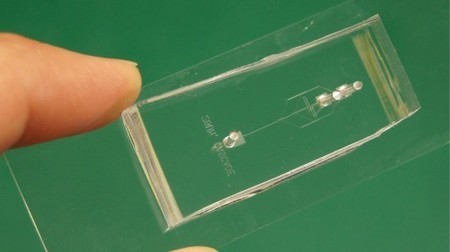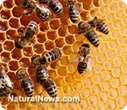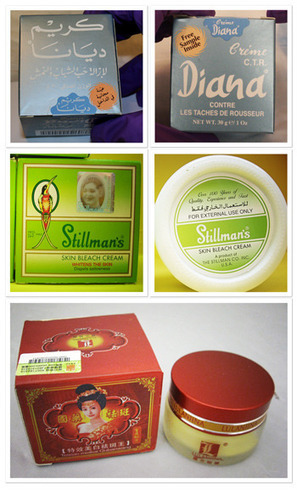Cardiac arrests are more likely when levels of air pollution - especially soot-like particles and ozone - have been high in recent days or even hours, according to a large study from Texas.
Evidence already links airborne particles with heart disease and lung problems but the new findings are the first to show that high ozone may immediately raise the risk that a person's heart will stop beating.



 Your new post is loading...
Your new post is loading...



















